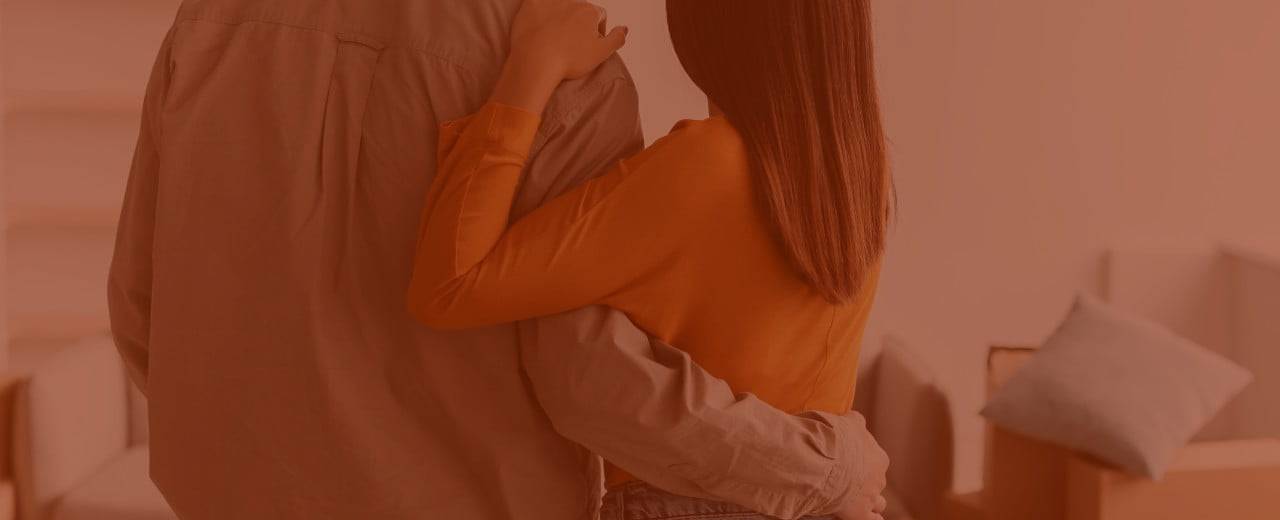The easiest way to explain this type of contract is that it is a hybrid between a regular rental contract and a purchase contract.
Most of the contract includes information about the rental with clauses on the rental rate, duration of the lease, conditions for its extension and cancellation plus what the tenant is (and isn’t) permitted to do.
However, rent-to-buy contracts in Spain also include a specific clause on possibility to purchase. The clause generally states the agreed conditions for the final purchase price.
Payments / Terms
- Minimum deposit of 10% or €10,000
- Contract for a duration of 2-5 years
- Monthly rental payments
- Remaining amount to be paid on the day of the notary
Some benefits of a rent to buy:
- Sales price is established when the contract is signed and therefore not subject to change.
- Rental rates paid in advance are discounted from final purchase price. Your rental payments are part of the final price
- The tenant can buy the property before the deadline if they have enough money to do so, and also has preference over other buyers
- Gives you more time to save up. For those who don’t meet the proper economic requirements for buying a Spanish property but wish to do so eventually, this is a great way to achieve that.
There is no specific legal regulation for rent-to-buy contracts in Spain. The only condition is that the Urban Lease Act be observed and that the contract contains the obligatory requirements of home rentals included in the Law. Everything else is for the parties to freely agree.
Who Pays Taxes and Community Fees?
The owner pays the taxes (IBI) as the house deeds are in their names, whereas the community fees can be discussed. Meaning either party can pay them. We normally have the tenant pay them due to the fact they are using the property as their main residence in Spain.
Who Pays the Expenses?
Same as any other rental – the tenant. They are responsible to pay any outside contracts, eg electric, water, gas, internet and/or pool cleans.
What Happens If I Decide Not to Buy?
All contracts start with the initial premium deposit, the price you pay for having the right to purchase. This clause is generally drafted so the deposit is discounted from the final price of the property if you decide to go ahead with the purchase. If you decide not to buy, you generally lose the deposit for damages caused.
If the vendor decides not to sell, they keep the rental income for the use of their property but will have to pay twice the deposit back for damages caused.
What If I Cannot Buy When the Deadline Arrives? Can I Extend the Contract?
Yes, as long as both parties agree to an extension. It’s also possible that the landlord (owner of the property) may remove your right to purchase and only agree to you extending the tenancy. If there is a deposit, you may lose it.
Who Will Carry Out the Reforms and Repairs in Case They Are Necessary?
The landlord must make all necessary repairs to the property to make it a fit and habitable condition upon entry.
After the initial moving in period all necessary work will be carried out by the tenants due to the fact it will be their permanent home.
How much can I save with a rent-to-own flat?
There are several financial advantages of opting for rent-to-own. The first is being able to defer a significant part of the outlay, which offers financial flexibility in the short term. However, the real savings come when considering the amount of mortgage loan required.
To understand this better, let’s look at a practical example with a house worth €120,000:
- Property price: €120,000.
- By opting for a rent-to-own agreement, you agree to a five-year lease.
- The agreed monthly rent is €1,000.
- At the end of the five years, you have paid €60,000.
This means you only need to pay the remaining €60,000. If you decide to take out a mortgage for this amount, you could opt for a shorter term, benefiting from lower interest rates compared to a larger loan.
On the other hand, if you decide to buy the property initially without opting for rent-to-buy, you would probably need a higher mortgage amount; let’s say €100,000, considering that most financial institutions offer up to 80% of the total property value. Therefore, the interest and amortisation period will be longer, i.e. you will have to pay more in the long run.
In addition, there could be another saving: the property could increase in price during the rental period. The landlord would be obliged to sell at the price agreed in the original agreement. However, this is a double-edged sword. Just as the house price goes up, it could also go down due to the market.


















